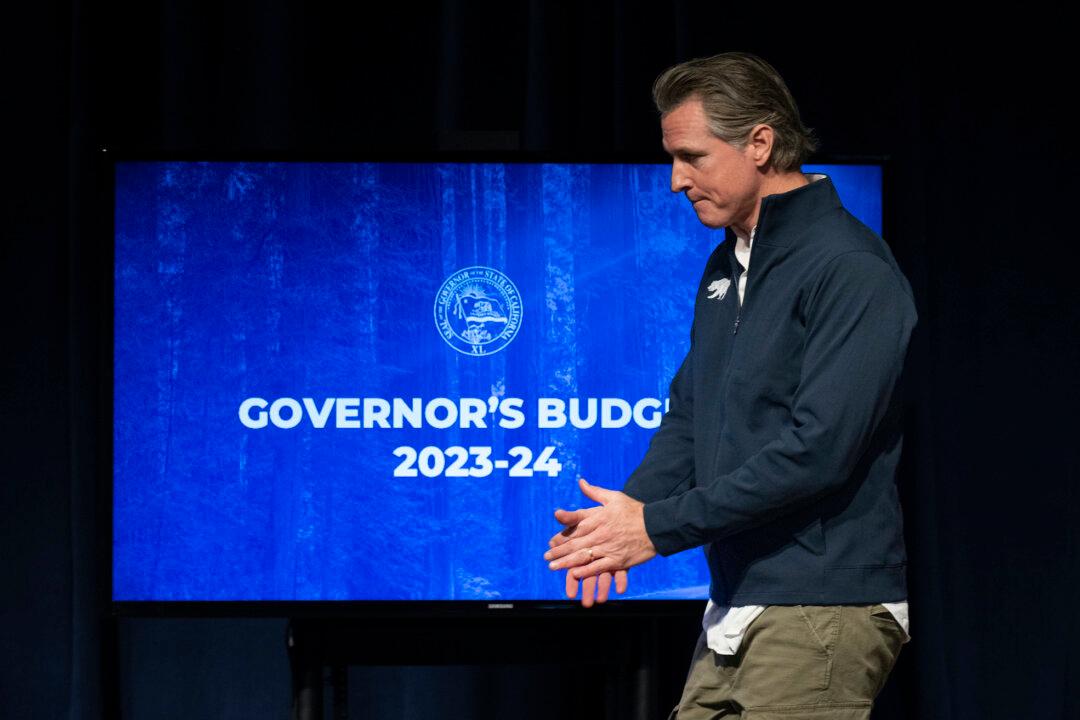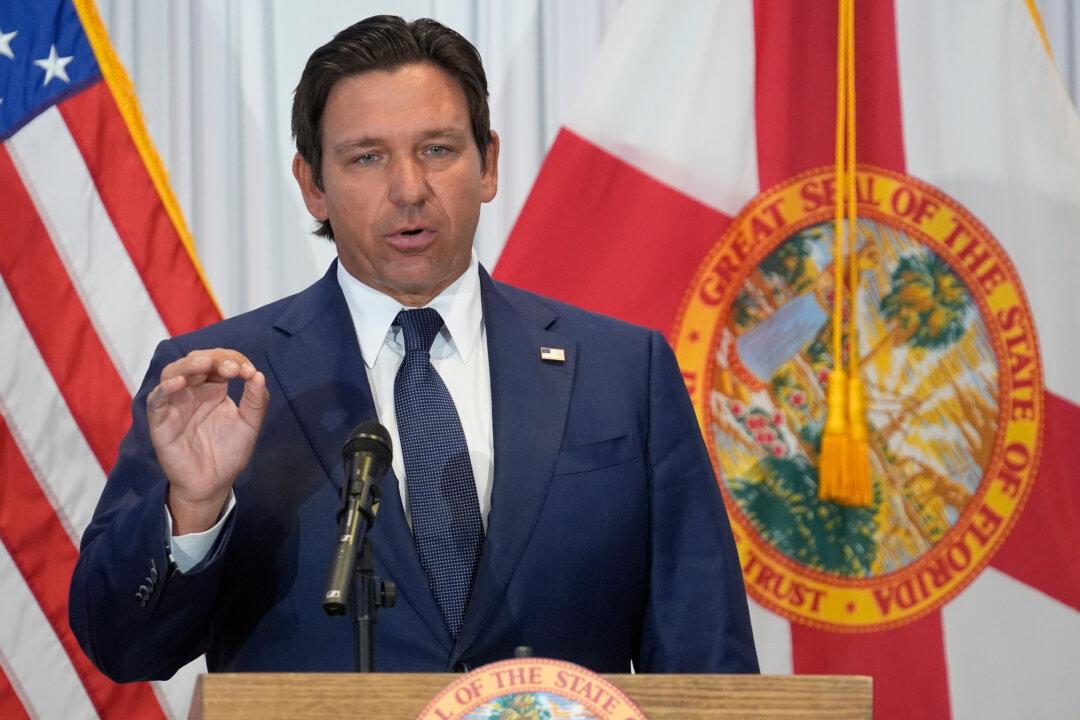As revenues continue to fall, California may face a $7 billion larger budget deficit than the governor forecasted in January, according to the state’s Legislative Analyst’s Office.
“Although the Governor’s budget revenue estimates are reasonable, they are likely a bit too high,” legislative analyst Gabriel Petek stated in the 2023–24 Multiyear Assessment report issued on Feb. 15.





